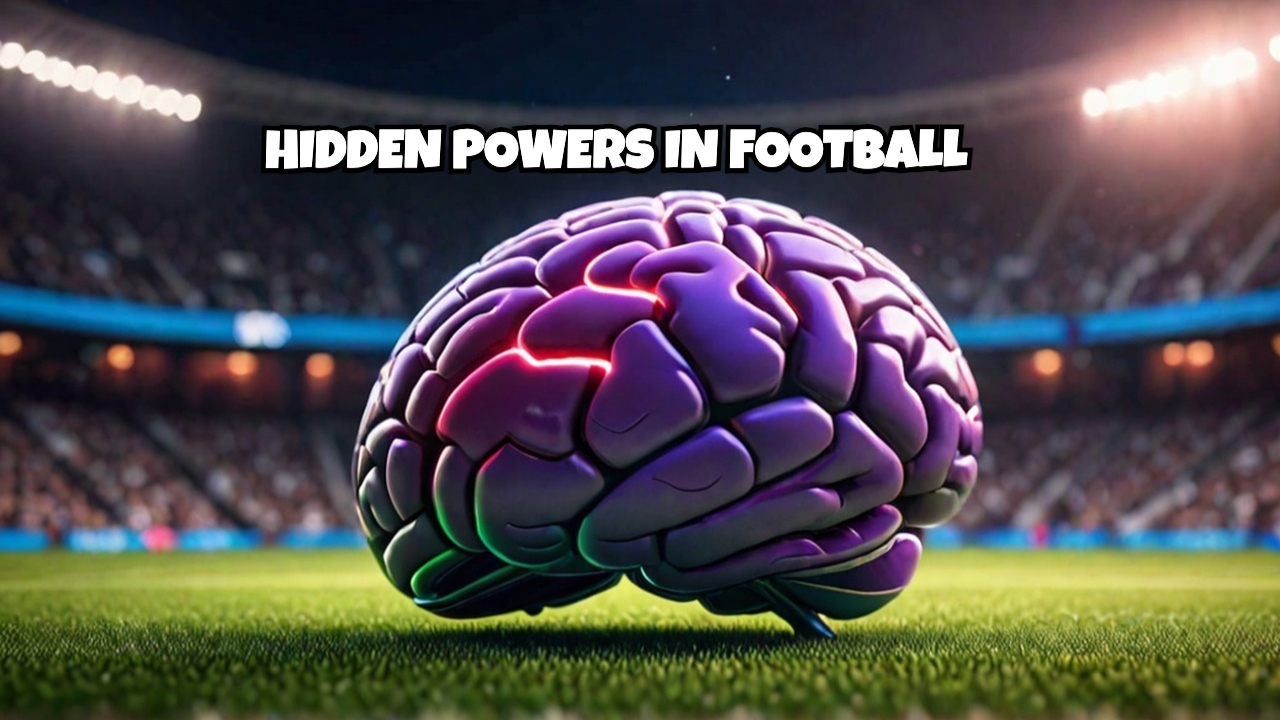
Football, the world’s most popular sport, serves as a powerful metaphor for the maintenance of the global status quo. Picture a match where two opposing teams represent contrasting global economic models and political ideologies: one embodying capitalism and the other socialism. The pitch becomes a battlefield where these ideologies clash, each striving for dominance and control.
The Teams: Capitalism vs. Socialism
In this metaphorical match, one team represents capitalist economies, characterized by free markets, private ownership, and fierce competition. Their playstyle is aggressive, focusing on individual talent, profit maximization, and the pursuit of personal success. This team thrives on the notion that competition drives innovation and progress, and their star players are celebrated for their individual achievements.
On the opposing side, the team symbolizes socialist economies, advocating for collective ownership, equitable distribution of wealth, and state intervention. Their strategy is more cooperative, emphasizing teamwork, community, and the equitable allocation of resources. This team operates on the belief that collective effort leads to greater overall success and societal well-being.
The Referee and Officials: The Elite Few
Standing in the middle of the pitch is the referee, supported by assistants patrolling the sidelines. These figures symbolize the elite few who maintain law and order on a global scale. They interpret and enforce the rules, ensuring that the game proceeds smoothly and within defined boundaries. Their decisions, often perceived as impartial, can heavily influence the outcome, much like how the elite influence global politics and economics.
These referees and officials wield significant power, as their interpretations of the rules can change the flow of the game. In the real world, the elite make decisions that shape international laws and policies, steering the direction of global affairs to maintain stability and control.
Red and Yellow Cards: Sanctions and Punishments
The red and yellow cards are tools of discipline within football, representing economic sanctions and political punishments in the global arena. A yellow card serves as a warning, akin to a slap on the wrist for minor transgressions. It symbolizes diplomatic warnings or moderate sanctions aimed at curbing undesirable behavior without causing significant harm.
A red card, on the other hand, is a harsher penalty, symbolizing severe sanctions or military interventions. It represents actions taken to punish nations or entities that have severely violated the established order. These cards remind players (nations) that there are consequences for breaching the rules, ensuring that the global game remains within the boundaries set by the elite.
The Rules: Arbitrary Laws for the Masses
The rules of football, much like international laws and regulations, can often seem arbitrary to the players and spectators. They are designed to maintain order but are sometimes manipulated to favor certain outcomes. These rules are crafted by those in power, ensuring that the game (world order) operates within a framework that benefits them the most.
Just as football rules can be adjusted or interpreted to influence the game, international laws and regulations can be shaped by the powerful to serve their interests. This manipulation ensures that the status quo is maintained, often at the expense of fairness and equality.
The Spectators: The World’s Population
Finally, the spectators represent the majority of the world’s population. They watch the game unfold, cheering for their favored team, but ultimately have little influence over the outcome. They are subject to the same rules and sanctions as the players, often feeling the impact of decisions made by the elite. Their role is mostly passive, reinforcing the status quo through their support and participation.
These spectators, despite their numbers, have limited power to change the course of the game. In the global context, the masses often find themselves at the mercy of decisions made by those in power, with their voices drowned out by the roar of the elites’ agendas.
Conclusion
Football, with its teams, referees, rules, and spectators, serves as a compelling metaphor for the global status quo. The sport illustrates how contrasting ideologies vie for supremacy, how the elite maintain control through rules and sanctions, and how the masses observe and react to these power dynamics. Understanding this metaphor can provide insights into the complexities of global politics and economics, highlighting the intricate balance of power that defines our world.
Through the lens of football, we can better grasp the ongoing struggle between competing ideologies, the influence of the elite in shaping our world, and the role of the general population in sustaining the status quo. This metaphor underscores the importance of awareness and critical thinking in navigating the global arena, urging us to question the structures that govern our lives and seek a more equitable and just world.

